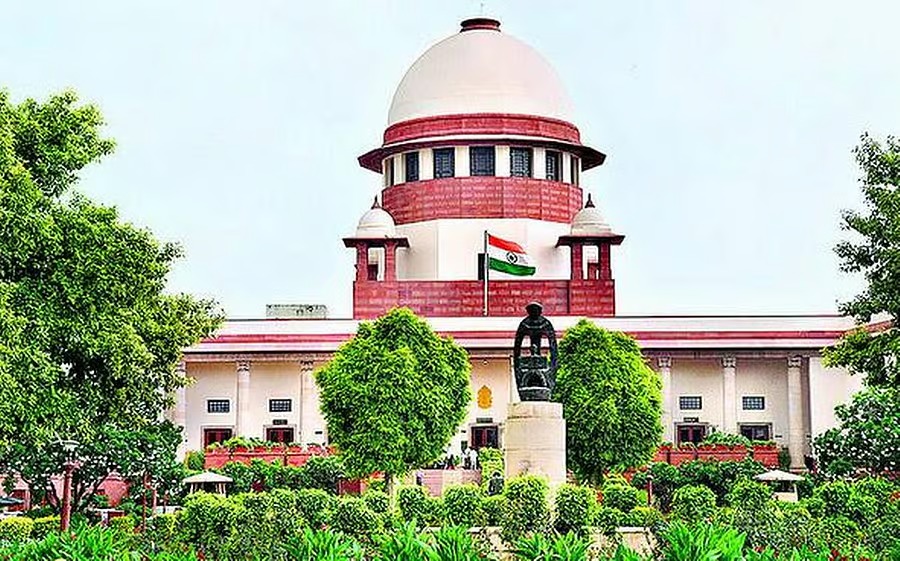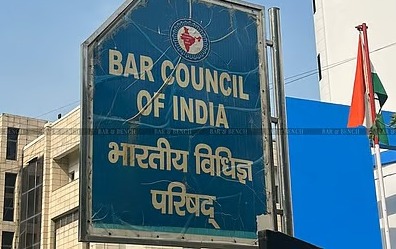J. C. Gupta, J.@mdashHeard applicant''s counsel.
2. This is an application u/s 482, Cr. P.C. with the prayer to quash the proceedings pending before Respondent No. 1. It may be stated here that on the basis of F.I.R., the case was investigated by the police who submitted charge-sheet against a few persons but filed final report against the applicant. It further appears that thereafter the first informant filed a complaint and after recording the statements under Sections 200 and 202, Cr. P.C., the learned Magistrate has summoned the applicant.
3. It has been argued by the applicant''s counsel that the police submitted final report against the applicant on the basis that the applicant was living in Saudi Arabia, the Court below before summoning the present applicant should have taken into account the said fact. The applicant filed revision against the order of summoning but that has also been dismissed by the Court of Session.
4. It has been held in Nirmaljit Singh v. State of W.B. and Anr. 1973 ACC 181 that the words "sufficient ground" used in Section 203, Cr. P.C., have been construed to mean the satisfaction that a prima facie case is made out against the person accused by the evidence of witnesses entitled to a reasonable degree of credit, and not sufficient ground for the purpose of conviction.
5. In another decision in
6. It is also well-settled law that after when the remedy of revision has been availed of by the accused before the Sessions Court, the power u/s 482, Cr. P.C. cannot be utilised for exercising powers of a second revisional court. In the case of G. N. Hegde v. S. Bangarappa JT 1996 (4) SC 124, it has been held that in such a situation, the High Court should not act as a second revisional court in exercise of its powers u/s 482, Cr. P.C. The High Court can interfere only when it is satisfied that if a complaint is allowed to be proceeded with, it would amount to abuse of process of Court. The present case is not one of those rarest cases which may call for interference by this Court for the quashing of the proceeding at its inception. It is open for the applicant to appear before the Magistrate and put his grievance there at appropriate stage. However, in the circumstances, the applicant is allowed two weeks'' time to appear before the Magistrate concerned and in order to enable him to put his appearance before the Court, it is directed that he shall not be arrested during that period in pursuance of the warrant issued by the Court below. If the applicant fails to appear within the aforesaid period, it shall be open for the Court concerned to procure his attendance by coercive methods.
7. With the above observations, the application is rejected.

